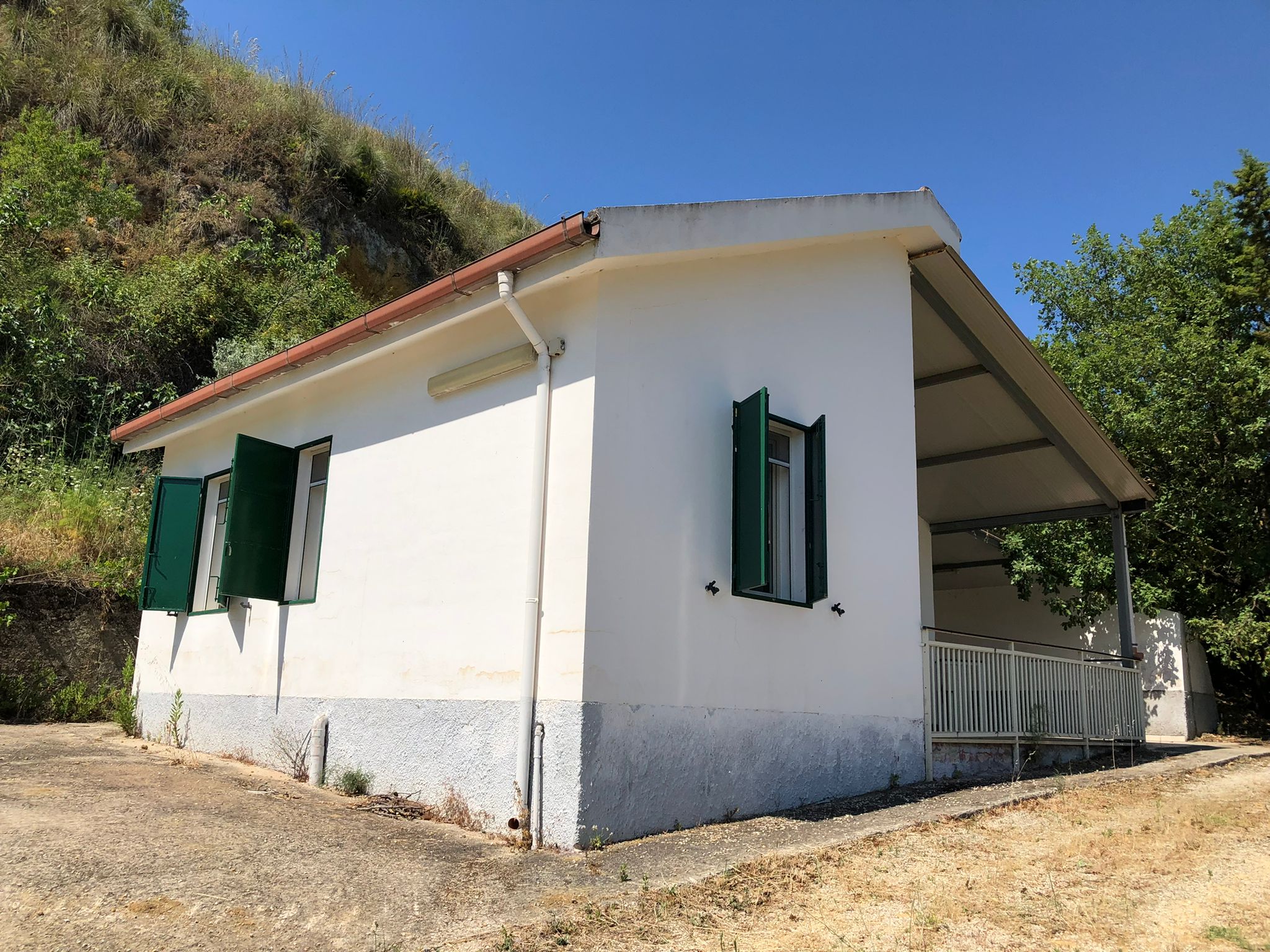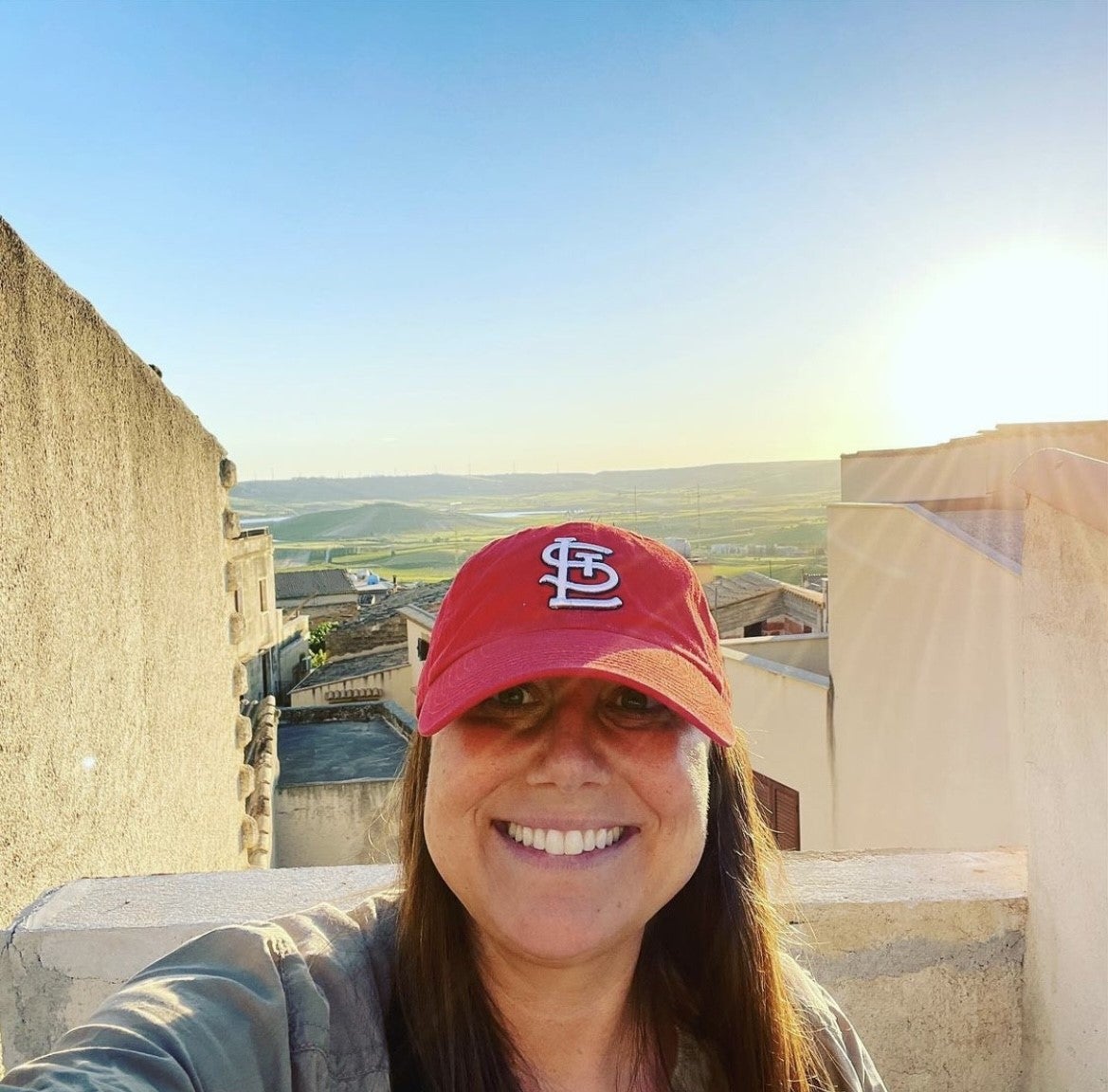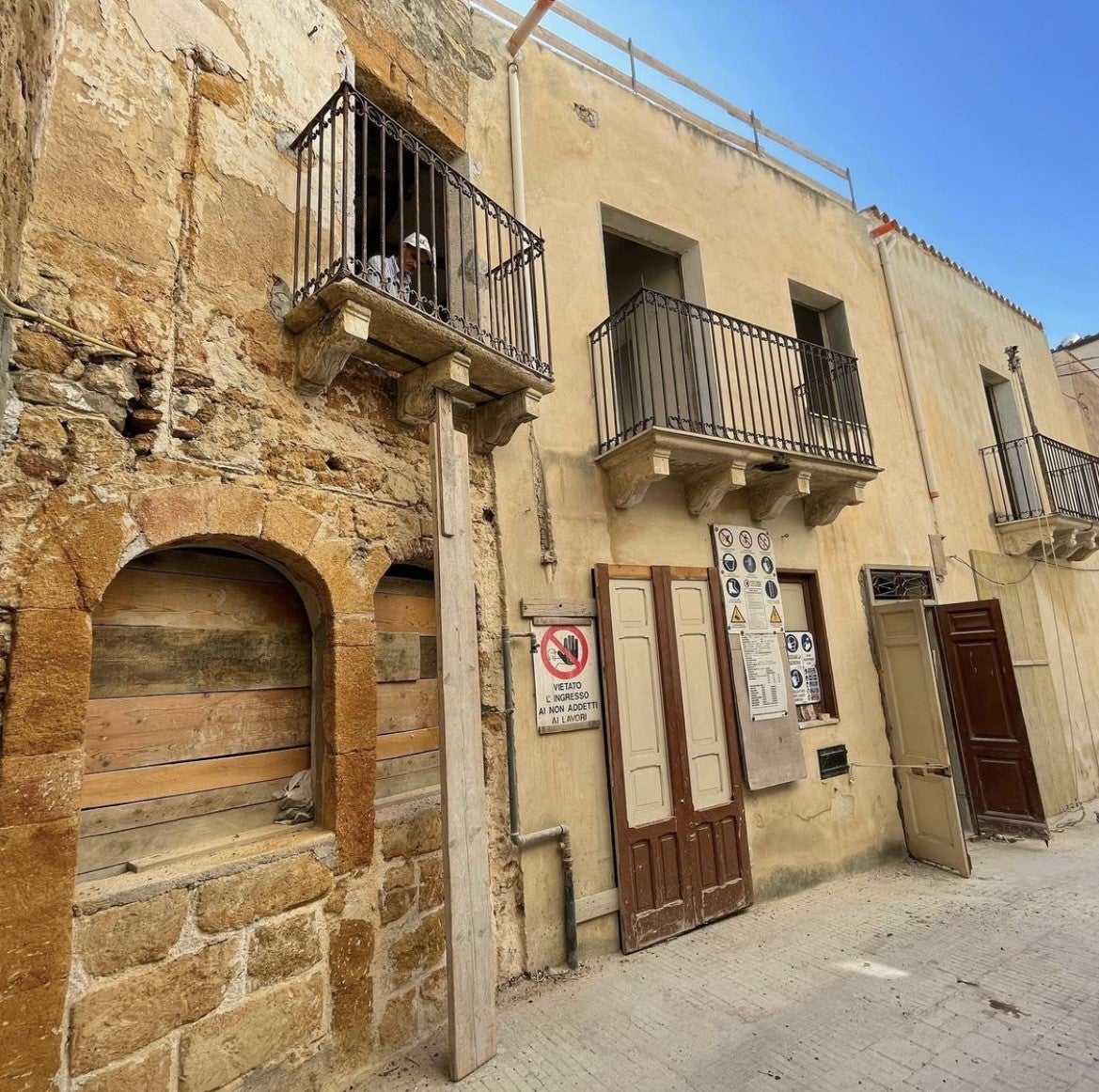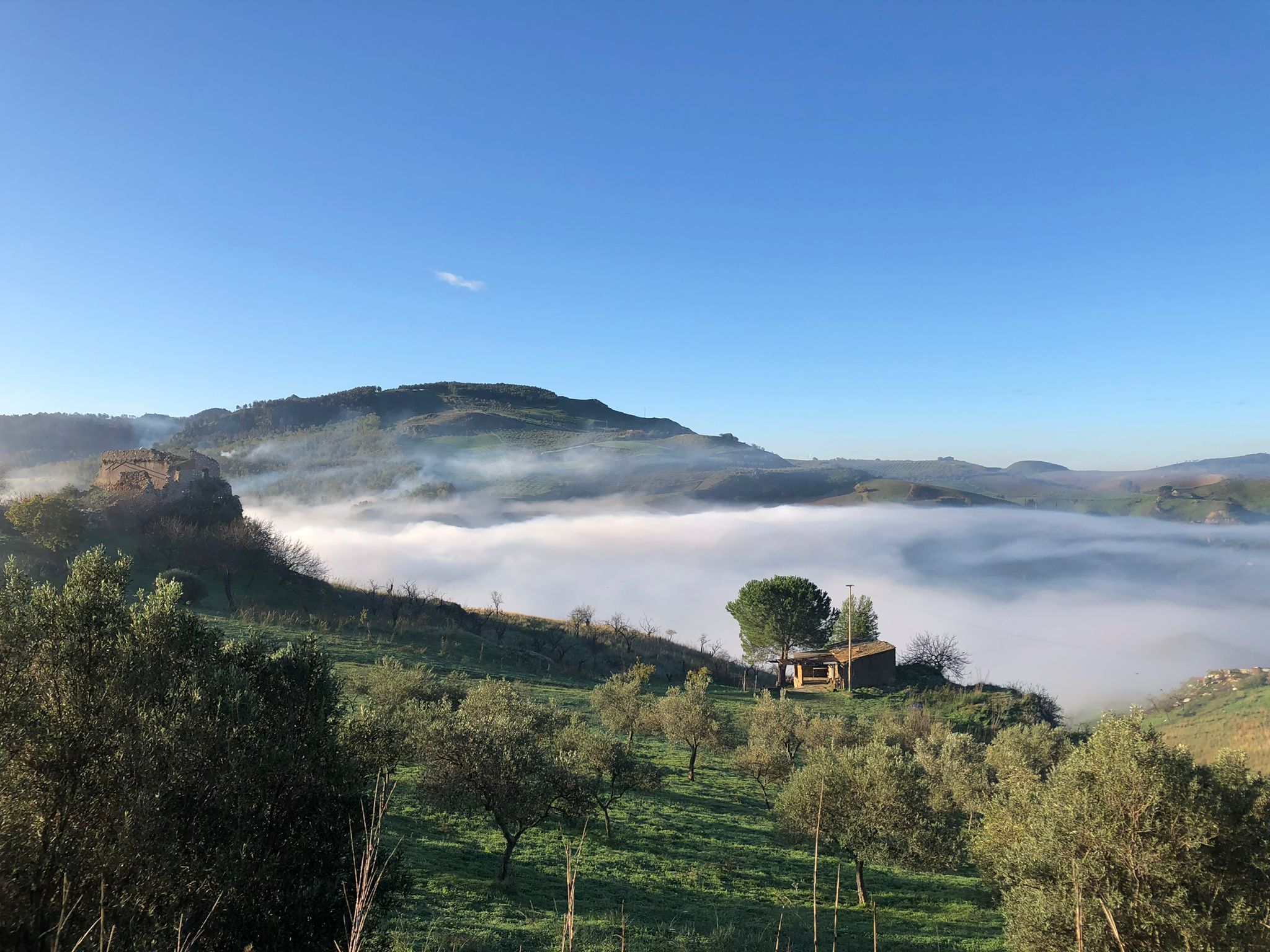What it’s really like to buy one of Italy’s super-cheap homes
They sound like the dream, but what’s the reality behind these bargain basement homes for sale in Italy’s remote towns? Joey Tyson checks in with some early buyers to find out

Your support helps us to tell the story
From reproductive rights to climate change to Big Tech, The Independent is on the ground when the story is developing. Whether it's investigating the financials of Elon Musk's pro-Trump PAC or producing our latest documentary, 'The A Word', which shines a light on the American women fighting for reproductive rights, we know how important it is to parse out the facts from the messaging.
At such a critical moment in US history, we need reporters on the ground. Your donation allows us to keep sending journalists to speak to both sides of the story.
The Independent is trusted by Americans across the entire political spectrum. And unlike many other quality news outlets, we choose not to lock Americans out of our reporting and analysis with paywalls. We believe quality journalism should be available to everyone, paid for by those who can afford it.
Your support makes all the difference.Italy’s super cheap houses have become the stuff of legend in recent years. The €1 home initiative “Case 1 Euro” launched in 2017, dreamt up by the authorities to reverse the effects of depopulation in rural regions and repair derelict buildings. As abandoned houses and flats were sold off in tiny rural towns all over the country, the idea of nabbing a little piece of Italy for the price of an espresso has pulled in buyers from all over the world.
But while the lure of a house for one euro might sound tempting, the reality is a lot more expensive. Most properties up for sale at that price need significant renovations to make them liveable. Some aren’t much more than four walls and a crumbling roof.
As a result, many buyers opt to pay more for a house that requires less work. By British or American standards, they’re still a bargain – it’s not uncommon to be able to buy and modernise a property in a beautiful rural village for under €50,000.
To find out the reality behind the €1 headlines, The Independent caught up with some cut-price home buyers to hear about their experiences.

‘It was the same village my family was from’
In 2019, Meredith Tabbone was already in the process of applying for Italian citizenship through her grandparents when she saw an article online describing a €1 ballot for houses in Sicily.
“I read the article and realised it was the same village that my family was from,” says Meredith, from Chicago.
Within a matter of weeks, she was the proud owner of a small two-storey townhouse in Sambuca, a picturesque medieval hill town in western Sicily. Although she’d visited Italy many times, she had never been to Sicily – but the chance to own a place a few streets away from where her grandparents grew up far outweighed the risks.
While some Italian towns are selling homes for €1, in Meredith’s case, the process was slightly different. The bidding on this home merely began at €1 through a silent auction, which she eventually won with a bid of €5,555. Even at that bargain price, there was serious work to be done.
“It had no windows, no running water, no electricity,” she explains three years on. “It was a home that was originally built in the 1600s.”
To tackle the significant renovations, she set herself a budget of €35,000 and contacted a local architect through Instagram ahead of her first visit to Sambuca in late 2019. Despite not speaking the same language, they immediately connected over similar ideas, and he would go on to handle the entire project, something Meredith says has saved her plenty of headaches in the long run.
She has since bought the adjoining house, significantly going over her initial budget limit in order to renovate her €1 purchase. She plans to convert the properties into a dream second home, and spend one month out of every three in Sicily.
Despite the climbing costs, she has no regrets about buying in Sambuca. “If I were building this home in Chicago, it would be a $2m-plus home – but I can build it in Sambuca for $200,000.”

‘I just googled “Where is the best place to invest in property?”’
While the allure of a €1 property is incredibly tempting, it’s not for everyone. Some people prefer to pay a little more for homes that require a lot less work.
After being left some inheritance by a relative, Bradford sisters Beckie, 40, and Laura Stephenson, 37, decided to invest their money into property.
“It wasn’t enough to put a deposit on a property in London,” says Beckie. “So I started looking at buying abroad – I just googled ‘Where is the best place to invest in property?’ and Sicily came up.”
More googling put Beckie in touch with MyHouse, an estate agent based in Cianciana, another pretty hilltop town in Sicily’s west. Another “one euro town”, Cianciana has seen a moderate influx of foreign buyers in the last few years thanks to its efforts to combat depopulation.
The sisters flew out to Italy in late 2019 and spent the weekend looking at properties. It didn’t take long to find one they both liked – a two-storey house in the town centre – and soon after making a bid of €9,000, it was theirs.
They put in a holding deposit (half of the bid) and flew back to England, while the estate agency took care of the necessary checks. The next time they visited in September, 2020, they had a house in Italy.
“‘Sign these papers, transfer the money and it’s yours.’ That was basically it,” says Beckie. “I remember we had to sign up for their equivalent of a national insurance number, which I did online – it took a couple of weeks.”
For the Stephensons, the process probably couldn’t have gone any better, even though they bought the property in the middle of a global pandemic. Beckie thinks that buying the house at that time actually helped things along.
“I think probably there weren’t many people going through the same thing, so everything happened quite quickly and smoothly,” she says.
Overall, the experience has proved incredibly positive for the pair. Only the renovations required a bit of patience, as they got to grips with local Italian timeframes. While the house was habitable when they bought it, it needed some work to bring it up to a modern standard.
“The quality of work is exceptional. But you’ve just got to kind of get that timescale out of your mind. If you think something is going to take a month, it’s probably going to take six,” says Beckie.

‘They’ve welcomed us as part of the family’
Candice, 33, and Andy Beaumont, 39, from Hampshire, also found their dream property in Cianciana, Sicily, using the same estate agent as the Stephensons.
Although they paid more for the privilege at €35,000, they managed to bag a two-bedroom villa set in the rolling hills just outside the town, with incredible views and 1.4 acres of land attached.
“The actual process of buying wasn’t as stressful as it is with the UK, where you have to take a £300,000 mortgage out,” says Candice.
Because properties in Italy are so cheap, many people can afford to buy outright. Aside from the legal bureaucracy that comes with buying a home abroad (legal fees can be up to €3,000), there’s very little to hold the deal up – if you have a good agent who speaks English, or a translator, that is.
Going through MyHouse, the Beaumonts found the process straightforward. After seeing a property they liked online, they flew out to see it for themselves before making a bid. The entire process took around four months.
In fact, purchasing a car has proved to be the only major stumbling block of their Italy adventure so far. “We can’t buy a car, and if we take a car over from England, it would have to be registered in Italy, but we can’t transfer to Italian registration without being Italian residents,” explains Candice.
The residency issue is one of the main headaches for British people looking to buy in Italy. While it won’t hinder a purchase, buying a home in Italy doesn’t afford Brits residency since the UK left the EU.
On top of that, people from the UK can only spend 90 days out of every 180 here, as per the terms of the Brexit agreement. As non-residents, extra council tax is also a factor, although Candice says that even with the higher non-resident rate, it’s still about a quarter of what they pay in the UK.
As well as having had a positive experience, all five buyers agree that the warm reception they’ve received in their little Italian idyll has made the process all the more rewarding. For many of these towns, whether they sell ultra-low-priced houses or not, the population is dwindling. The chance to have new residents for some of the year, or a steady trickle of tourism, is seen as a huge boost for the local economy.
“Everyone’s so friendly. We don’t speak Italian, but they’re very accommodating. We’ve got the most wonderful neighbours. They’ve welcomed us as part of the family,” says Candice.
Join our commenting forum
Join thought-provoking conversations, follow other Independent readers and see their replies
Comments